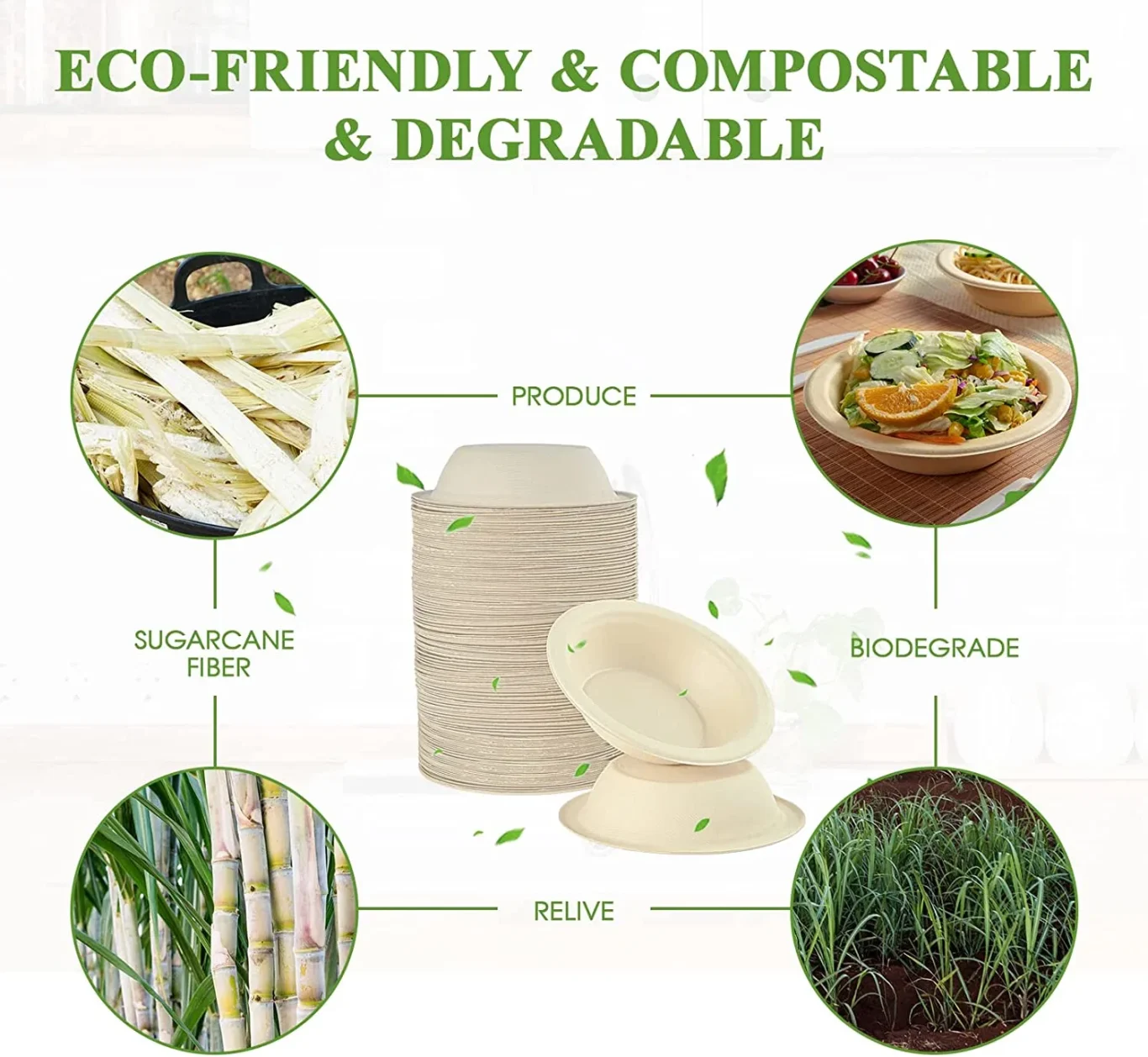Lasting Sugarcane Products: From Sweeteners to Eco-Friendly Goods
The possibility of sustainable sugarcane items extends past typical sugar to encompass an array of environment-friendly goods, offering an engaging situation for their assimilation into modern-day consumer techniques. As the world grapples with pressing ecological issues, sugarcane arises as a versatile source capable of addressing both dietary demands and sustainability goals.
Review of Sugarcane Sustainability
As the demand for eco pleasant items grows, comprehending sugarcane sustainability becomes progressively essential. Sugarcane, a flexible crop, is cultivated largely in subtropical and exotic areas, and its sustainability is essential for both ecological wellness and financial viability. Lasting sugarcane farming methods concentrate on reducing environmental influence while making best use of efficiency and profitability.
Secret elements of sugarcane sustainability consist of reliable land use, reduced chemical input, and enhanced water monitoring. Practices such as plant rotation, integrated insect management, and natural fertilizing add to soil health and biodiversity. Furthermore, cutting-edge technologies, such as precision agriculture, assistance enhance resource use and minimize waste.
Additionally, sugarcane is a renewable energy, with byproducts that can be made use of in various markets, from biofuels to biodegradable plastics, therefore lowering dependence on nonrenewable fuel sources and diminishing carbon footprints. Certifications like the Bonsucro basic encourage sustainable methods throughout the supply chain, advertising transparency and responsibility.

Sugarcane-Based Sugar
Using sugarcane as a main source, sugarcane-based sugar have actually obtained prestige as natural alternatives to polished sugars and sweetening agents (sugarcane product). These sweeteners, stemmed from the removal and processing of sugarcane juice, offer a series of items that cater to varied consumer choices, including natural and minimally refined alternatives
Raw walking stick sugar maintains even more of the all-natural flavors and nutrients located in sugarcane, making it a favored option for health-conscious customers. Panela, a conventional Latin American sweetener, is produced by vaporizing sugarcane juice, maintaining its natural minerals and vitamins.
The growing need for sugarcane-based sweeteners is driven by boosting recognition of health and sustainability problems connected with standard sweeteners. By selecting sugarcane-derived items, customers not only support sustainable agricultural methods yet also contribute to a much healthier way of living, straightening their nutritional choices with their environmental values.
Eco-friendly Product Packaging Solutions
Becoming a viable choice to conventional plastics, eco-friendly product packaging solutions originated from sugarcane are transforming the packaging market. These ingenious products supply an eco-friendly alternative that addresses the growing concerns over plastic pollution. Utilizing the natural sugars located in sugarcane, suppliers are creating numerous kinds of eco-friendly product packaging, including films, containers, and covers that decompose more rapidly than traditional plastics.
The primary find here advantages of sugarcane-based packaging lie in its sustainable sourcing and its ability to break down right into non-toxic by-products. Unlike fossil fuel-derived plastics, which can continue the atmosphere for hundreds of years, sugarcane packaging usually decays within a couple of months under correct conditions. This reduction in waste not only minimizes garbage dump overflow yet likewise reduces the carbon footprint connected with product packaging materials.
Additionally, sugarcane-derived product packaging maintains robust efficiency attributes, providing comparable sturdiness and performance to conventional alternatives. As customers and services progressively prioritize sustainability, the fostering of eco-friendly packaging solutions stands for a significant action in the direction of a circular economic situation, where materials are recycled and regrowed instead of disposed of. This shift not just enhances brand name photo but likewise adds to a much more sustainable future for the world.
Eco-Friendly Textiles and Fabrics
Environment-friendly textiles and textiles are getting traction in the style and home goods markets as customers significantly demand lasting alternatives to standard products. Among the remarkable alternatives are fabrics acquired from sugarcane, which offer an ecologically liable alternative to artificial fibers. These textiles are generated through a process that uses the renewable resources discovered in sugarcane, considerably lowering reliance on petroleum-based materials.

As the market for sustainable textiles broadens, consumers can look onward to ingenious designs that combine design with eco-friendly obligation. Inevitably, eco-friendly fabrics and materials represent a significant action towards reducing the fashion market's environmental impact while providing to the growing need for accountable consumer selections.
Innovations in Lasting Farming
Revolutionizing farming practices, innovations in sustainable farming are changing the way plants are expanded and managed. These innovations focus on reducing environmental impact while taking full advantage of performance and productivity.

Furthermore, agroecology, which incorporates eco-friendly principles into farming, promotes biodiversity and soil health and wellness. Practices such as plant rotation, cover chopping, and intercropping foster resilient environments that can hold up against insects and climate variants - sugarcane product. Additionally, using natural fertilizers and biopesticides adds to healthier soils and environments

Together, these developments are not only improving the farming landscape yet additionally adding to a much more sustainable future for sugarcane and other plants, straightening farming exercise with ecological stewardship.
Final Thought
Lasting sugarcane products represent a substantial advancement in environmentally friendly choices, spanning from all-natural sugar to naturally degradable items. As consumer preferences significantly lean in the direction of lasting options, the versatility of sugarcane as a sustainable source ends up being increasingly appropriate.
The possibility of sustainable sugarcane products expands beyond typical sweeteners to incorporate a range of green goods, providing an engaging case for their combination right into modern consumer methods. Sustainable sugarcane farming practices focus on lessening ecological impact while making best use of efficiency and productivity.
Sustainable sugarcane products stand for a significant development in environmentally friendly choices, extending from natural sweeteners to biodegradable goods. The cultivation of sugarcane through sustainable techniques not just boosts ecological wellness yet also adds to economic practicality. As consumer preferences progressively lean towards sustainable options, the flexibility of sugarcane as a renewable resource ends up being progressively relevant.